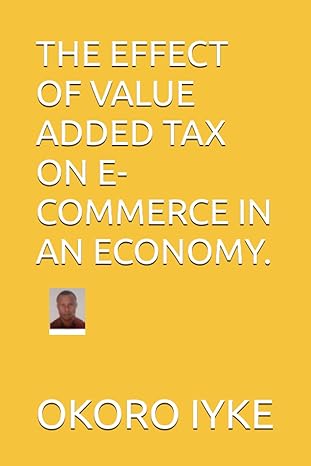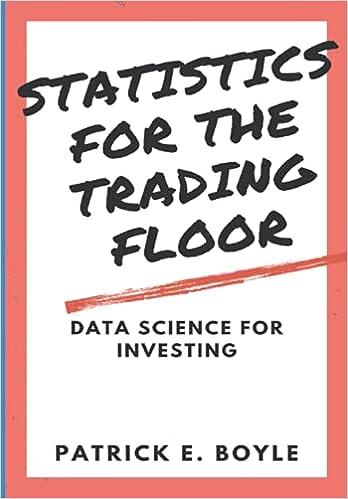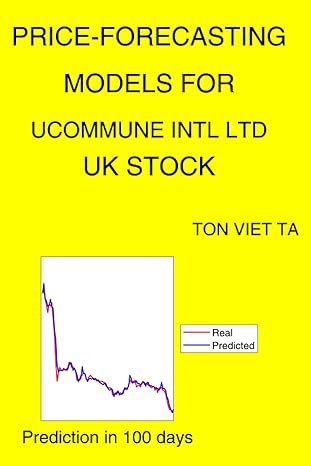Go back


The Effect Of Value Added Tax On E-Commerce In An Ecomony
Authors:
OKORO MARCELLINUS IYKE, OGBONNA HAPPINESS IJEOMA

Cover Type:Hardcover
Condition:Used
In Stock
Include with your book
Free shipping: April 30, 2024Popular items with books
Access to 3 Million+ solutions
Free ✝
Ask 10 Questions from expert
200,000+ Expert answers
✝ 7 days-trial
Total Price:
$0
List Price: $50.00
Savings: $50(100%)
Book details
ISBN: 979-8851846649
Book publisher: Independently published (July 11, 2023)
Get your hands on the best-selling book The Effect Of Value Added Tax On E-Commerce In An Ecomony for free. Feed your curiosity and let your imagination soar with the best stories coming out to you without hefty price tags. Browse SolutionInn to discover a treasure trove of fiction and non-fiction books where every page leads the reader to an undiscovered world. Start your literary adventure right away and also enjoy free shipping of these complimentary books to your door.









